State
Applications for Year 2 of the FWC’s Atlantic Red Snapper Exempted Fishing Permits Project are now open
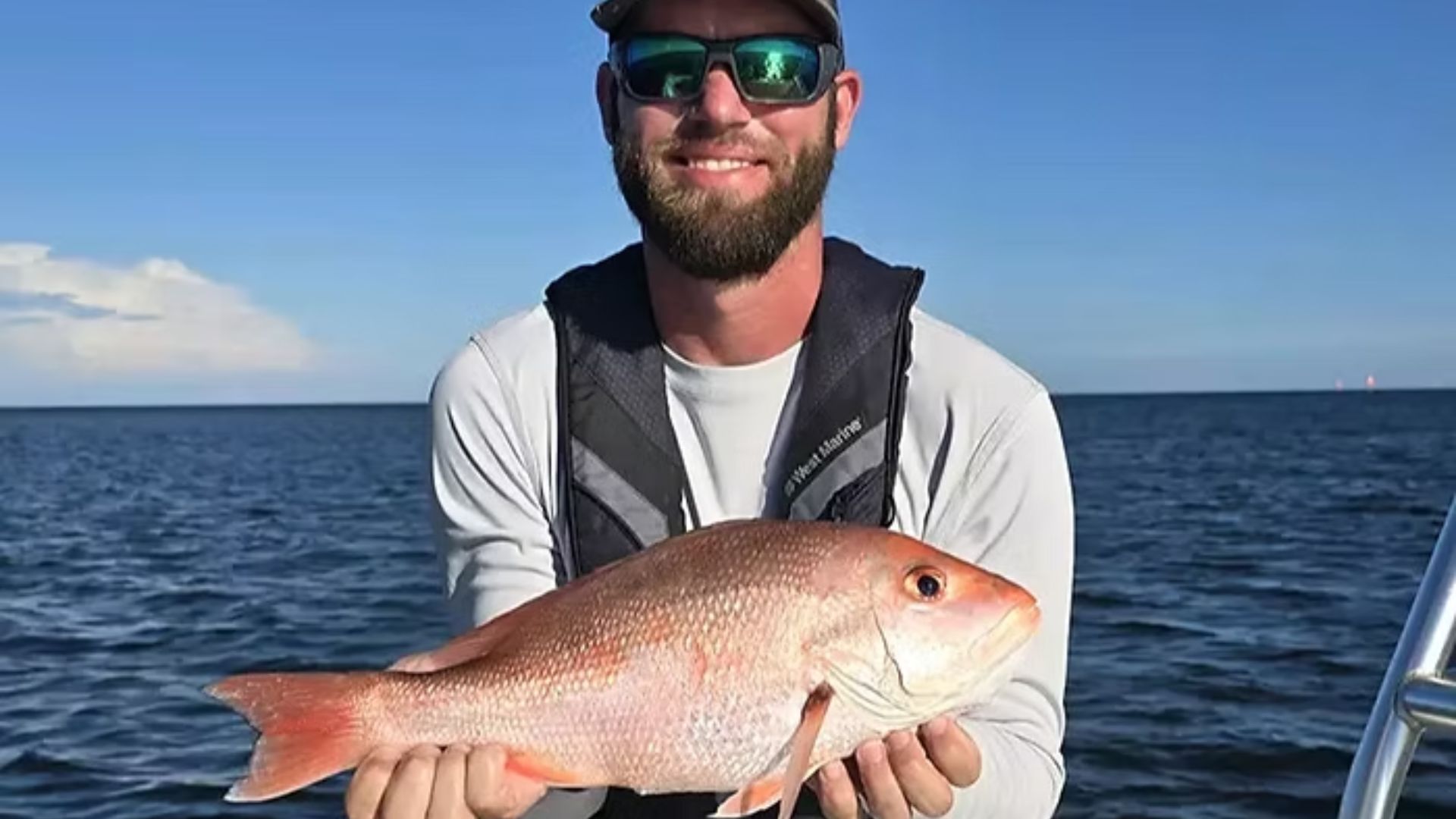
Florida – The Florida Fish and Wildlife Conservation Commission (FWC) has once again partnered with NOAA Fisheries to bring exciting news to Florida’s saltwater anglers. Beginning August 1, applications are open for Year 2 of the Atlantic Red Snapper Exempted Fishing Permits (EFP) Project, and this year, the program promises even greater opportunities for anglers to participate in valuable fisheries research. The project is designed to help improve management of Atlantic red snapper populations by offering selected participants the chance to harvest red snapper outside of the usual, limited federal fishing season.
The Exempted Fishing Permits (EFPs) granted to the FWC allow selected participants to harvest red snapper for research purposes during a time of year that works for them—an opportunity that is otherwise not allowed under current federal regulations. This initiative offers a unique way to collect data that could play a pivotal role in enhancing the sustainability of the species.
“Year 1 of the project was a success with over 1,600 anglers selected to participate and provide better data on Atlantic red snapper and other reef fish species to improve management in the South Atlantic. We’re excited to offer this unique opportunity for a second year with a few modifications. But we need your help to keep the momentum going and make Year 2 even more of a success,” said Jessica McCawley, Director of FWC’s Division of Marine Fisheries Management.
This initiative not only aims to gather essential data but also strives to improve the overall management of snapper and other reef fish species. The FWC hopes that by continuing these studies, they can provide better insights into the needs of the fishery and create lasting improvements in how these vital ocean resources are managed.
How to Apply for Year 2 of the EFP Project
The application process for Year 2’s Quarter 1 is officially open from August 1 through August 10. Interested participants can apply through different portals depending on the study they wish to join.
For the FWC Hot Spot Fleet and FWC Southeast Florida Snapper Grouper Fleet Projects, applicants must apply via GoOutdoorsFlorida.com. Participants for these studies will be selected through a lottery system, and a tutorial video is available to guide applicants through the process.
For those interested in the FWC Study Fleet, the application process requires completing an online application form. Once submitted, each application will be reviewed to ensure it meets the criteria for participation.
The EFP Project: Year 2 Overview
Much like Year 1, the three studies under the EFP project will be conducted along Florida’s east coast, from the Florida-Georgia line down to the Dry Tortugas. The research areas are split into three regions, each corresponding to a different study group:
• FWC Study Fleet: This study covers the area from the Florida-Georgia line to the NASA vehicle assembly building in Cape Canaveral.
• FWC Hot Spot Fleet: Also conducted from the Florida-Georgia line to Cape Canaveral, this study focuses on identifying and testing key areas where snapper populations are prevalent.
• FWC Southeast Florida Snapper Grouper Fleet: This study takes place from Cape Canaveral south to the Dry Tortugas.
Each of these studies is designed to achieve different objectives, but all of them share a common goal: reducing discards, improving catch and discard reporting, and enhancing angler satisfaction through the use of the FWC’s app for data collection. By focusing on the use of aggregate snapper-grouper bag limits, the studies aim to provide a more sustainable approach to harvesting, helping to ensure that red snapper populations remain healthy for generations to come.
Continuing the Success of Year 1
The first year of the EFP project yielded impressive results, with over 1,600 anglers participating. The data collected during this time is already being incorporated into the upcoming Atlantic red snapper stock assessment. This is a major milestone, as it demonstrates the tangible impact that collaborative efforts between anglers, researchers, and state agencies can have on managing fisheries.
Read also: Wolf Lake Park trail reopens following infrastructure upgrades by Florida Power and Light
“With this year’s data already making its way into the stock assessment, Year 2 holds even more potential to refine our understanding of snapper populations and influence future fishery management strategies,” said McCawley.
As the project moves forward, FWC officials are eager to expand on the progress made in Year 1, incorporating new findings into fisheries management decisions that will benefit both the ecosystem and the angling community. By continuing to collect high-quality data, the FWC hopes to contribute to a more sustainable fishing industry, one that will support both recreational anglers and commercial fishers for years to come.
Encouraging Participation
FWC’s Division of Marine Fisheries Management is strongly encouraging Florida’s recreational saltwater anglers and for-hire operators to apply for this unique opportunity. The chance to participate in groundbreaking research, while enjoying the sport of fishing, offers a meaningful way for anglers to contribute to the conservation of red snapper and other reef fish species.
“The data we gather from Year 2 will be invaluable in helping to shape future regulations and management strategies for our fisheries,” McCawley added. “We need your help to make Year 2 even more successful, and we’re looking forward to another year of collaboration with our angling community.”
For those interested in applying, more information is available on the FWC’s website at MyFWC.com/AtlanticEFP, where you can find additional details on the application process and study criteria.
Final Thoughts
The Atlantic Red Snapper Exempted Fishing Permits Project is an exciting opportunity for anglers to make a real difference in the future of Florida’s fisheries. As the application period for Year 2 opens, the FWC is urging anglers to take part in this important initiative. By providing better data, testing new management techniques, and reducing waste through improved reporting, this project has the potential to shape the future of red snapper management in Florida—and beyond.
For any questions regarding the application process or the project itself, the FWC’s Division of Marine Fisheries Management can be reached at 850-487-0554.

-
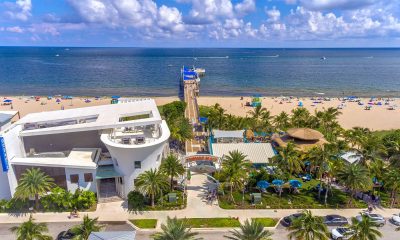
 Community11 months ago
Community11 months agoPompano Beach Pier: A coastal gem in South Florida
-
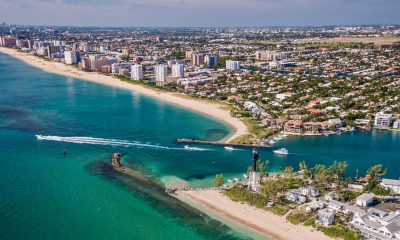
 Community11 months ago
Community11 months agoPompano Beach cost of living: Housing costs, gas prices, and required income
-
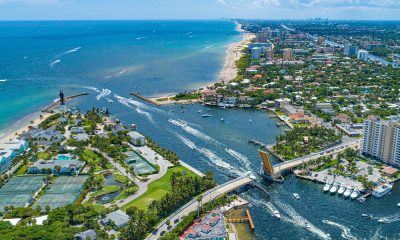
 Community11 months ago
Community11 months agoDiscover the best of Pompano Beach, Florida: A comprehensive guide to the most popular places to visit
-
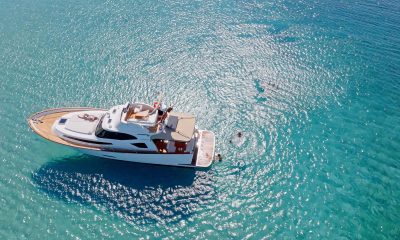
 Community11 months ago
Community11 months agoMost popular Pompano Beach marinas: Fishing, boating, and a lot of fun time














